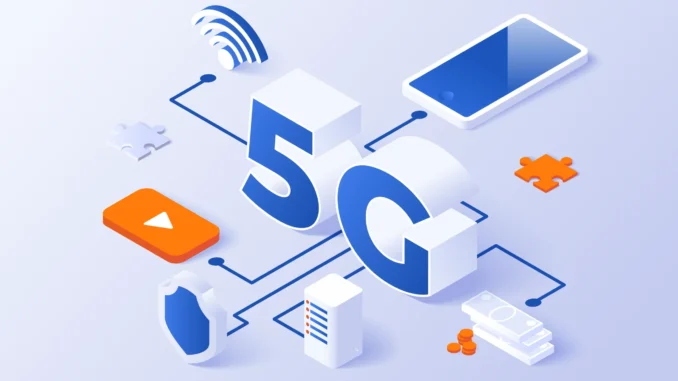
The role of a **5G Industry Practitioner** is pivotal as businesses and societies increasingly rely on 5G technology for innovation and improvement. This position requires a unique blend of technical knowledge, project management,
and collaboration skills to effectively leverage the transformative power of 5G across various applications and sectors. As the industry evolves, continuous learning and adaptability will be key components of success in this field.








Certainly! Here’s a more detailed overview of a **5G Industry Practitioner**, focusing on their roles, responsibilities, skills, and the broader context in which they operate:
### Overview
A **5G Industry Practitioner** is a professional specializing in the deployment, optimization, and management of 5G technologies within various sectors. As 5G networks are rolled out globally, these practitioners are crucial for harnessing the potential of high-speed connectivity, low latency, and massive device support that 5G offers.
### Key Roles and Responsibilities
1. **Network Design and Deployment**:
– Develop and implement 5G network architecture, including radio access networks (RAN), core networks, and transport networks.
– Conduct site surveys, propagation studies, and feasibility analyses to identify optimal sites for 5G towers and infrastructure.
2. **Network Optimization and Performance Monitoring**:
– Utilize tools and methodologies to monitor network performance and optimize signal quality, throughput, and coverage areas.
– Perform regular assessments to identify and address bottlenecks and improve overall network efficiency.
3. **Integration of New Technologies**:
– Collaborate with IoT and edge computing teams to integrate 5G capabilities into existing systems and platforms.
– Assess emerging technologies that can benefit from 5G, such as artificial intelligence, machine learning, and augmented/virtual reality.
4. **Security Management**:
– Implement advanced security protocols to protect network infrastructure from cyber threats.
– Ensure compliance with industry standards and regulatory guidelines governing telecommunications.
5. **Project Management and Collaboration**:
– Lead cross-functional teams in the rollout of 5G projects while managing timelines, budgets, and deliverables.
– Communicate effectively with stakeholders, including regulatory bodies, business units, and customers, to ensure alignment on objectives.
6. **Education and Training**:
– Provide training and resources to teams and clients on 5G capabilities and optimal usage scenarios.
– Stay current on developments in 5G technology and trends to share knowledge and drive innovation.
### Key Skills and Competencies
– **Technical Expertise**: Deep understanding of 5G standards (such as NR, 5G Core), network architectures, and protocols.
– **Analytical Skills**: Ability to analyze network performance data and devise solutions for optimization.
– **Interpersonal Skills**: Strong communication and collaboration abilities to work effectively across departments and with external stakeholders.
– **Project Management**: Skills for planning, executing, and closing projects efficiently.
– **Adaptability**: Ability to quickly adapt to new technologies and industry trends.
### Industries Impacted by 5G
1. **Telecommunications**: Rollout of 5G infrastructure and services.
2. **Healthcare**: Telemedicine, remote surgery, and real-time health monitoring solutions.
3. **Automotive**: Development of connected and autonomous vehicle systems.
4. **Manufacturing**: Smart factories using IoT and automation technologies.
5. **Entertainment**: Enhanced streaming services and AR/VR applications.
6. **Smart Cities**: Infrastructure powering smart utilities, traffic management, and public safety systems.
### Career Path
– **Education**: A background in telecommunications, computer science, engineering, or a related field.
– **Certifications**: Professional certifications related to networking (e.g., Cisco, Juniper), cloud technologies (AWS, Azure), and specific 5G training programs could enhance credibility.
– **Experience**: Practical experience in telecommunications or networking roles is essential, with progressive responsibilities leading to more strategic positions.


Leave a Reply